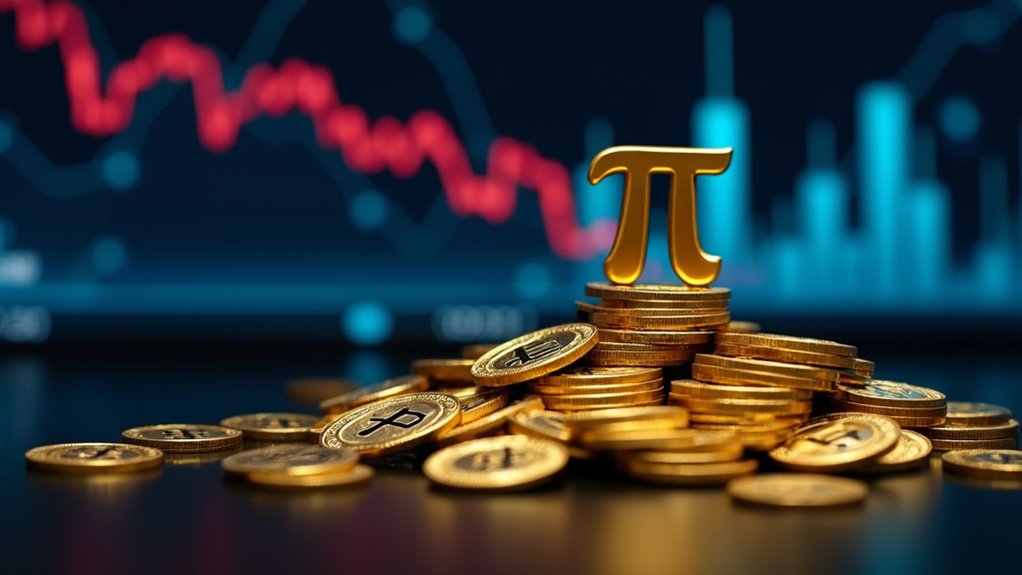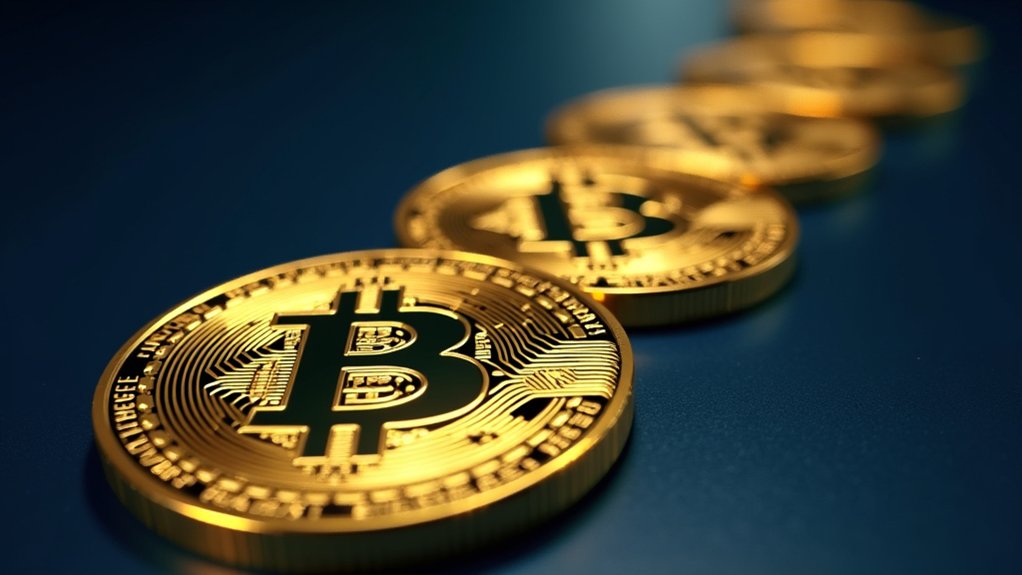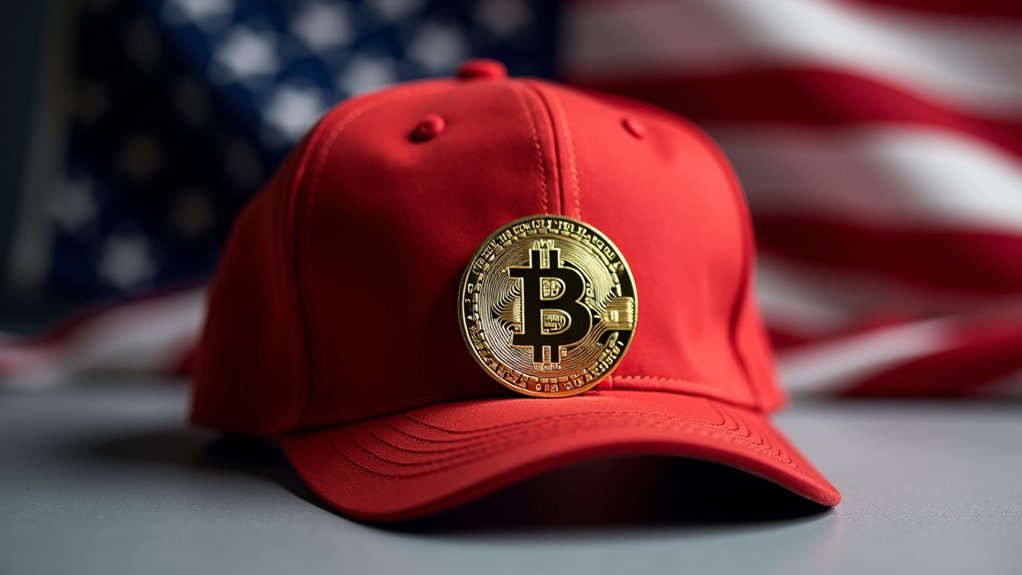Ripple is throwing down the gauntlet. After years of battling the Securities and Exchange Commission, the crypto company isn’t just celebrating its legal victory—it’s demanding a complete overhaul of how digital assets are regulated in America.
The company’s message to the SEC is crystal clear: back off and let Congress handle this mess. Pretty bold for a firm that just emerged from a $1.3 billion lawsuit that dragged on for over four years. But then again, when your investors lost an estimated $15 billion during the legal circus, maybe you earn the right to be a bit snarky.
Ripple’s demands aren’t exactly subtle. They want the SEC to stop its enforcement-happy approach and return to “first principles.” Translation: quit twisting the ancient Howey test to fit your agenda. The company insists most digital assets simply aren’t securities, no matter how creatively the SEC interprets the law.
The timing isn’t random. With the SEC finally dropping its appeal in March 2025, Ripple sees an opening to reshape the regulatory landscape. Their partial court victory in 2023 apparently wasn’t enough—they want wholesale change.
What’s particularly striking is Ripple’s insistence that anonymous secondary market sales and staking rewards on public networks fall outside SEC jurisdiction. Can’t make an investment contract with someone you never met, they argue. Makes sense when you think about it.
Meanwhile, Congress is actually considering legislation that would clarify which agency handles what in crypto-land. About time. In fact, the industry widely prefers regulation under the CFTC jurisdiction rather than the more securities-focused SEC. The current system is a regulatory hodgepodge that’s stifling innovation while other countries sprint ahead.
The stakes extend far beyond Ripple. The entire crypto industry is watching closely, hoping this becomes a turning point for regulatory clarity in America. Without it, miners pack up, developers move offshore, and investors get nervous. This concern is especially valid considering the SEC launched 46 enforcement actions against cryptocurrency-related entities in 2023 alone, the highest number since 2013.
Unlike traditional finance with its banking hours, the DeFi ecosystem that Ripple participates in operates 24/7 globally, enabling continuous trading and transactions regardless of time zones or holidays.
Ripple’s message boils down to something simple: SEC, stay in your lane. And that lane is a lot narrower than you think.





